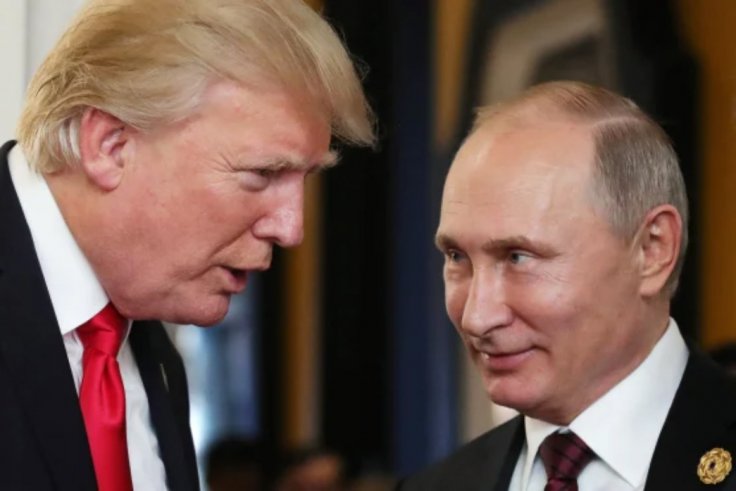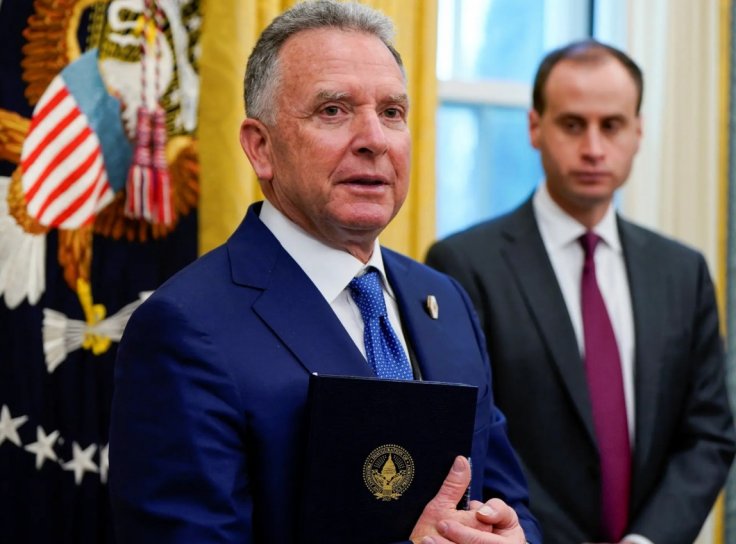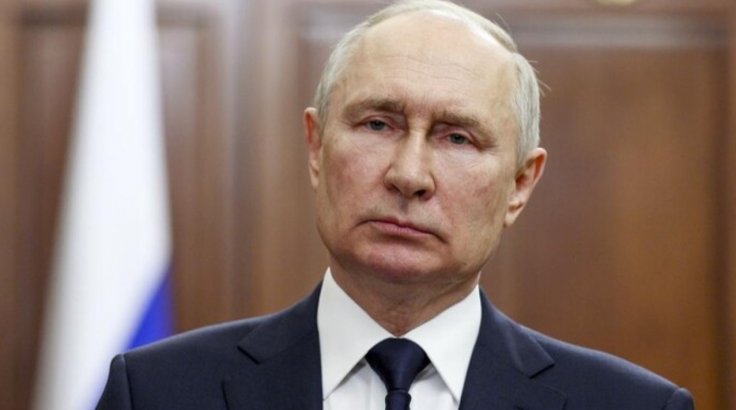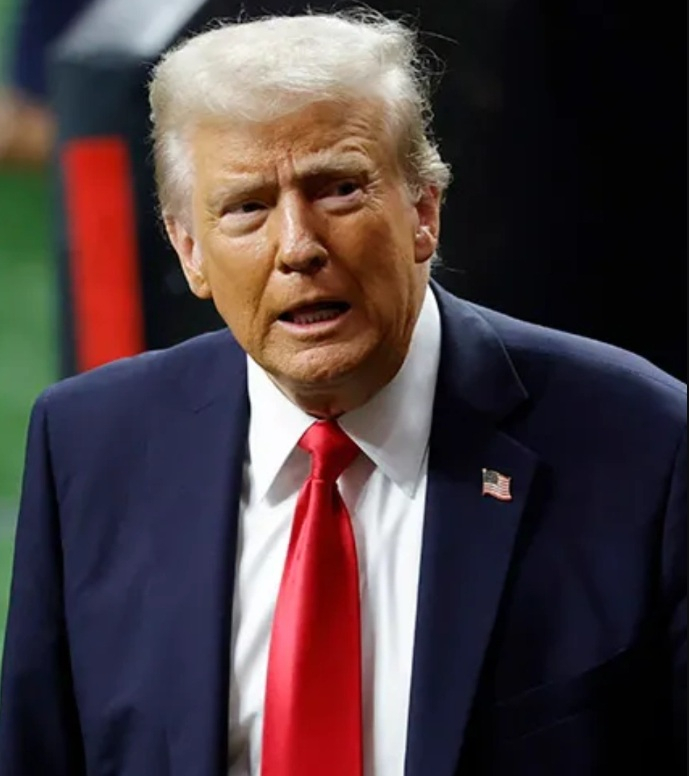Russian President Vladimir Putin on Thursday rejected the conditions of President Trump's proposed 30-day ceasefire in Ukraine, demanding that Western nations must halt military aid to Kyiv before considering the agreement. Although Putin said Moscow was willing to "cease hostilities," he said that Russia would only accept the deal if significant changes were made.
Putin's rejection comes as a major blow to Trump's plans of ending the three-year-long Ukraine Russia war. "We agree with proposals to cease hostilities [in Ukraine], but this cessation must lead to a long-term peace and eliminate the root cause of the initial crisis," Putin said on Thursday, without defining what he felt was the "cause."
Putin in No Mood for Ceasefire

"We also want guarantees that Ukraine will not mobilize, train soldiers, or receive weapons during the 30-day ceasefire," the Russian president said without indicating Russia would be willing to abide by the same conditions.
This came as U.S. special envoy Steve Witkoff arrived in Moscow for ceasefire negotiations with Russian officials—just hours after Putin's senior advisors rejected Trump's proposed 30-day ceasefire in Ukraine as "useless for everyone" on Thursday.

"These kinds of steps, which only mimic peace efforts, are useless to everyone," said Yuri Ushakov, a former Russian ambassador to the U.S. from 1998 to 2008, during an interview on Russian state television.
On Tuesday, Congressional Republicans hailed Trump's success in pressuring Ukraine to accept a ceasefire, viewing it as a victory aligned with U.S. interests.
"Peace for Ukraine is in our nation's best interest, which is why President Trump has made it one of his administration's top priorities," Rep. Pat Fallon (R-Texas) wrote on X after Washington secured Ukraine's agreement to the ceasefire.

When asked if Russia would approve the Trump-proposed deal that Ukraine had already accepted, Ushakov said that the ceasefire agreement offered "nothing" beneficial for Moscow. "It only gives the Ukrainians the opportunity to regroup, gain strength and to continue (defending its country,)" Ushakov said on state television.
"I outlined our position that this (cease-fire) is nothing more than a temporary respite for the Ukrainian military, nothing more," he said of a call with National Security Adviser Mike Waltz after the latter's productive meeting with Kyiv in Jeddah, Saudi Arabia, on Tuesday.
Ceasefire Far from Reality
However, Russia would also gain the same advantage—a point raised by some Ukrainians who opposed Trump's ceasefire proposal. Witkoff arrived in Moscow prepared for negotiations, with experts suggesting that this presents Russia with a chance to show a commitment to peace, similar to Ukraine's gesture in Jeddah.

While Kyiv's acceptance of Trump's terms received mixed reactions from the Ukrainian public, insiders indicated that it was at least partly a goodwill move to signal to Trump that Ukraine is open to peace.
On Wednesday, Trump said, "It's up to Russia now" to accept the ceasefire and help realize his vision for regional peace.
"(Tuesday's) meeting in Jeddah puts the ball back in Russia's court and places the onus on Washington to persuade Moscow to accept and implement the cease-fire," said Foundation for Defending Democracies Russia Program director John Hardie said.
"... If Moscow refuses to play ball, President Trump should make good on his threat to ramp up economic pressure on Russia. This should include tightening sanctions on Russia's oil revenue."









